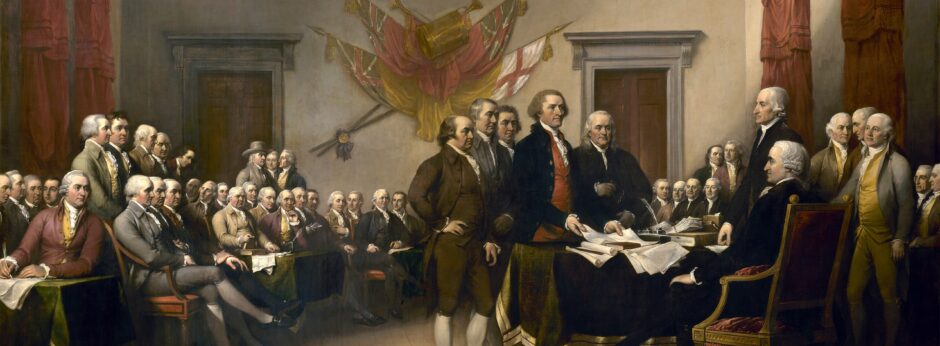From US Diplomatic History, Fall 2020:
A recurring theme in this chapter that I had not previously considered was the oversimplification of Stalin’s motives during the Cold War Era by the Truman administration and U.S. officials. The Truman administration seemed to believe that Stalin’s leadership style was merciless and “pathological” (according to Kennan as discussed by Herring), and that behind every action he took, there was an underlying motive for expansion and thus global hegemony (p.604). Secretary of Commerce, Henry Wallace, was the remaining official in the executive branch who disagreed with the “get-tough” approach and pushed for negotiation with Stalin. He believed that many times the U.S. provoked certain reactions from an insecure nation and that taking a hard line would only make the Soviets do the same. He had a falling out with Truman over how to engage with the Soviets and was fired in late 1946. In George Kennan’s Long Telegram, he spoke about dangerous Soviet behavior and bad intentions. Herring wrote that this “helped destroy what little remained of American eagerness to understand its onetime ally and negotiate differences,” (p. 604). Although one can never know for sure, after reading Herring, I now wonder if it is possible that the Cold War could have been prevented had the U.S. not refused to listen to differing opinions- like those of Wallace.
Tips
- Good reflections engage both the content and the source, acknowledging how all sources have their own perspectives
- Reflections should both summarize and analyze, using a combination of examples and snippets of quotation
- Citation rules can be flexible for this types of informal reflections, but it’s always important to clarify for the reader where you are getting specific or quoted information. Usually, a parenthetical reference to a page number or online source is enough.
- Don’t be afraid to personalize these informal reflections with an occasional first-person pronoun, with a question of your own, or with or connection to a different class or to the modern day. That’s not the right approach for formal essays assigned in this class, but it is acceptable for these exercises in thoughtful engagement.
